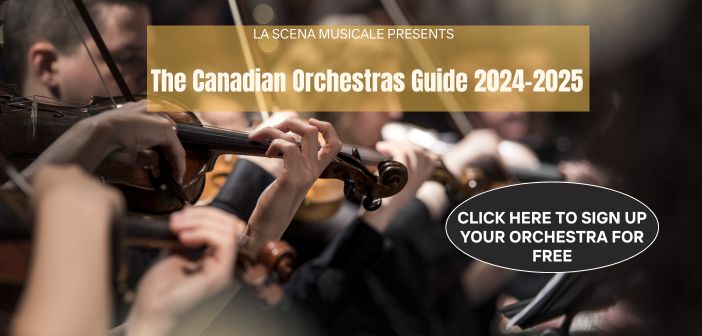
I hope this is not Renée Fleming’s final record. The American soprano, in her late 50s, is closing her stage career with the voice unblemished and the memories fond. It would be a pity if her legacy on Decca was to be concluded by this album, which plays to all her weaknesses. Samuel Barber’s lyric rhapsody Knoxville: Summer of 2015 requires a rich soprano voice and a capacity to articulate James Agee’s achingly nostalgic English text. Ms Fleming has the first quality. Pronouncing the words has never been her forte. The best ears will strain here to catch more than…













